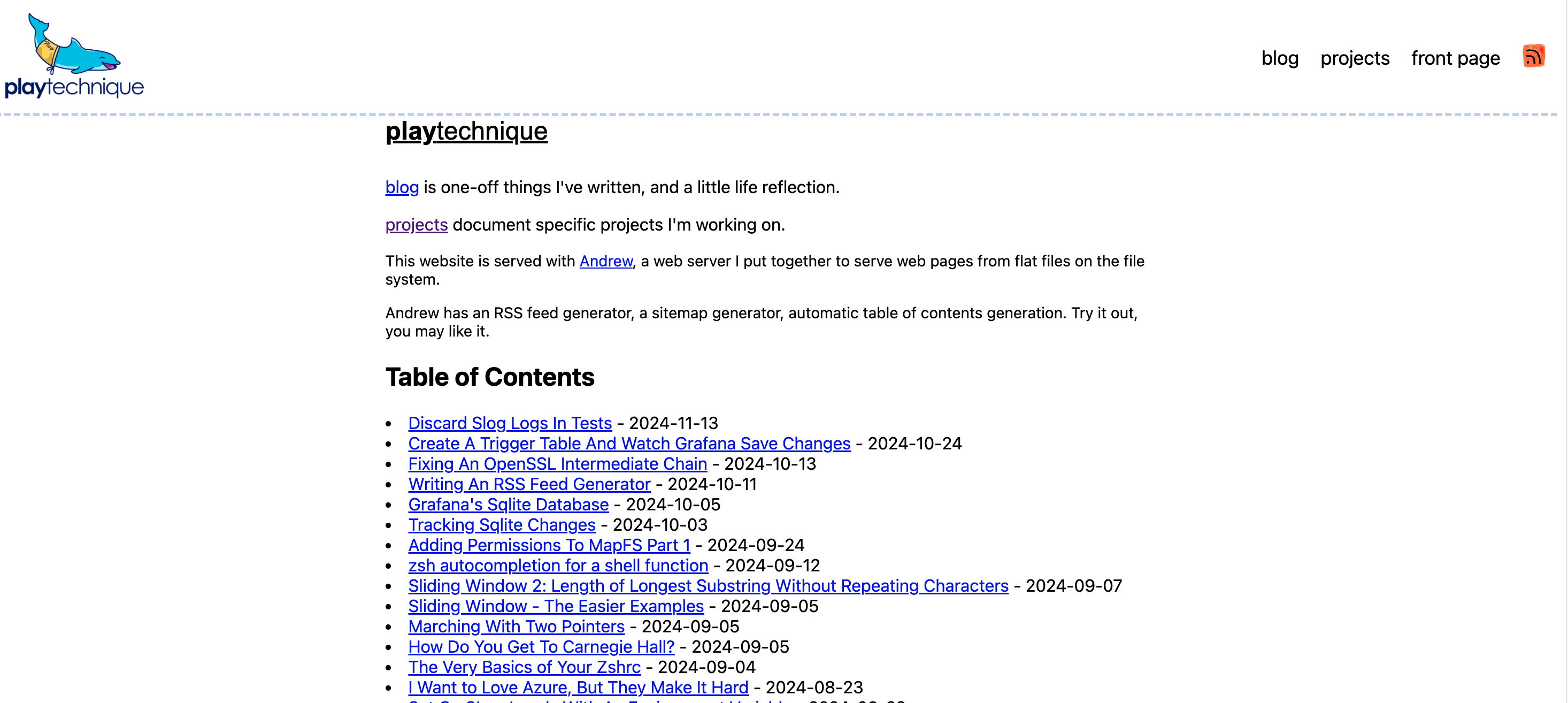all it cost me was not writing a line of it
Learning has always been hard
I’ve always found that learning a new skill takes time and effort. It helps that I normally learn things that I enjoy, but even so it’s tough to learn a little more calculus, start learning javascript, tackle learning Spanish or French.
I find that letting the grind be hard, being okay with slow progress, this is a mindset game that sometimes works and sometimes doesn’t.
Getting to 70% Is Easy Now
The last time I learned a new language well enough to feel confident every day in it, it was golang.
I’ve been learning svelte recently. It’s so much harder, not because Svelte’s bad or anything but because I can ask Claude for a “code sample” and the next thing I know I’m eight commits down and have most of what I want and the part that’s left is both hard to get Claude to build and hard for my own skills to approach because I haven’t trained them.
Learning is 95% Doing
I have a tool that genuinely makes it easy to remove the “doing” part from learning a new framework. I feel like I feel when I eat cheap carbs: I know they will make me put on weight, I know that’s basically bad for me, I know they’re delicious in a way that fibrous greens aren’t.
Am I putting on brain-fat? Getting brain-weak and brain-lazy? I know I’ve seen smart people, much smarter than me, who I’d charactertise today as brain-lazy because they’ve started mistaking conversations with ChatGPT for thinking through a problem, started sharing unedited conversations and trying to persuade me they’re a whitepaper.
In Praise of a Shitty First Draft
I think the book “bird by bird” is the one that contains the “In praise of a shitty first draft” essay. It talks you through acknowledging internally that writing something good isn’t the hard part, it’s finishing anything at all. The productivity people seem to get to the same idea: you should lower your standards for your first attempt because it’s hard enough just to finish.
My first attempt at a sveltekit app works and does 70% of what I want 70% of the time, and all it cost me was that I didn’t write a line of it. That last 30% is a hard wall to climb when my skills haven’t been developed.
My skills haven’t been developed. They’re not developing when I let Claude prototype and prototype until I stop.
I’m seeing how to get brain-obese, and I’m watching opinions on that obesity evolve in our community.
Remember the first time you saw the Chauncey Morlan photo, the 1890s circus dude who was billed as the heaviest man on the planet, and you thought to yourself “damn, I see people bigger than that on the street these days”? We’re used to living our lives obese, seeing obese neighbours and coworkers, feeling uncomfortable without knowing how much better it can be.
Our brains, our minds, we can get comfortable with this shitty normalisation there too. You see people now who argue not only that never-before seen levels of obesity are perfectly ordinary, they’re latching on to interesting ideas like the aquatic ape and twisting it into explanations of humanity to make the argument that the non-obese are the problem, the unusual ones historically.
We’ll get used to people not completing thoughts, not being able to complete thoughts, not able to design an end to end workflow, not thinking through problems. We’re already letting ourselves have Claude write the code, have Claude and CoPilot perform the code review, have them resolve their own meaningless observations, chase their own tails.
Or, just maybe I’m getting old
The fear I have here is remembering the headlines of a hundred, two hundred years ago. Vicemius Knox must surely have felt fear when he wrote “If it is true, that the present age is more corrupt than the preceding, the great multiplication of Novels probably contributes to its degeneracy.”
Am I being scared by a change in behaviour that’ll basically all come out in the wash? Hard to say, hard to say, hard to say. Maybe society changes, maybe some people do stop being able to write code using some approaches that I think have merit. Who am I to say what approaches have merit, though? Surely Linus or Kate or my friend Doug would all look at what I write and recognise that I’m barely software literate.
It’s all so much to take in.
